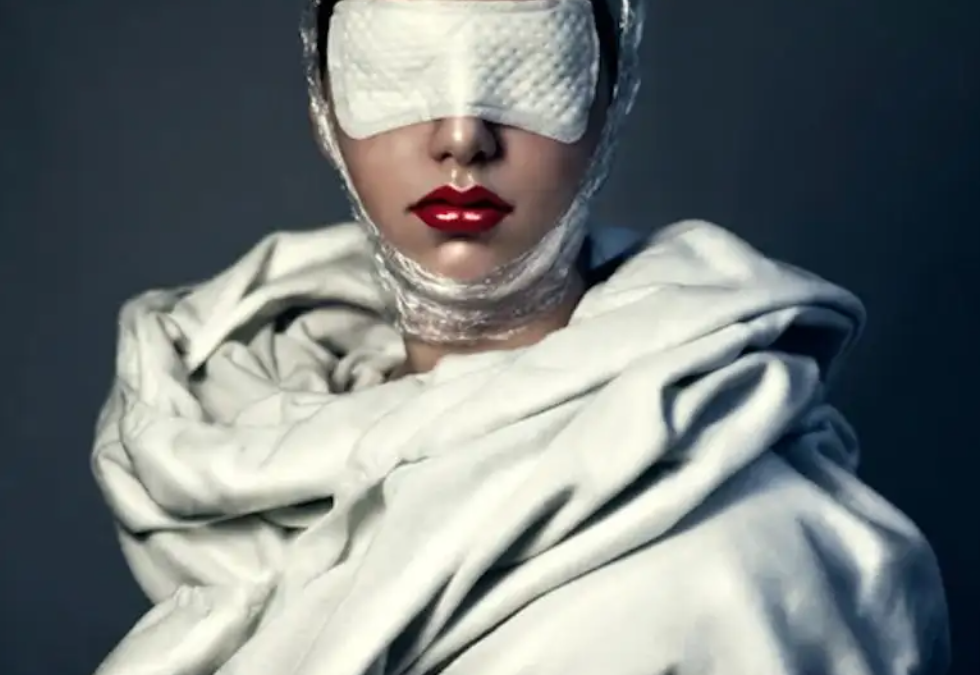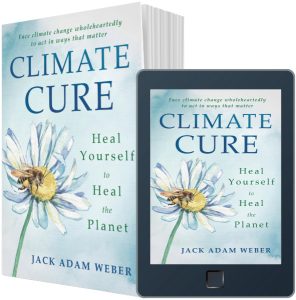Lately I’ve fielded some inquiries and seen posts about intuition guiding peoples’ vaccine choices. And I see lots of support for this way of knowing.
I am not debasing intuition or its value; it has it’s place. I do want to offer perspective and critical thinking for using intuition vis a vis vaccines and other ways of knowing.
Intuition is not a crystal ball. It is not a magical invisible force untainted by the world and our minds. It’s not spiritual or divinely ordained. It is an amalgam of emotion, cognitive bias, past hurts and experience, cognition (thinking), physiological state, long and short term memory, guesswork, and our beliefs. In other words, it can be wrong, quite wrong.
Yet, intuition seems to get a free pass for reasoning. Yet, I see people’s unrealistic fear being called “intuition.” Sometimes anger is called “intuition.” In reality, this is “emotional reasoning”—coming to ostensibly logical conclusions based on strength of emotion and calling it something cool like “intuition.” Sometimes we call lust our “intuition” and most of us know what kind of trouble that can cause. Sometimes we call whatever the hell we want to believe “intuition.”
I recall reading a study a while back showing that people make some of the riskiest, and worst, decisions when they are happy (overconfidence is the most dangerous).
Especially in spiritual and nature-based circles, intuition seems to get a free pass as cover for shaky epistemology (how we know what we know). “Trust your inner knowing!” Uh, sometimes, and in light of good science, it’s usually best to leave it at the door because what’s true is often counter-intuitive.
My issue with deciding on vaccination by way of intuition is that it’s a categorical error, one I seem to notice caused by lack of scientific literacy and critical thinking. Vaccines and their efficacy are the domain of science: in particular immunology, virology, and epidemiology. When a vaccine has been shown to be effective and safe, as the Covid vaccines have, it’s not a matter of what our intuition says. Especially if we have beliefs, past experience, irrational fears, or other biases influencing us, including conspiracy theories.
But ultimately, it’s important to keep categories of knowing, categories of epistemology, straight. Subjective truth/intuition should generally not be used to determine objective truth or decisions. It can contribute to the process, but ultimately it’s not a great idea. It’s like asserting the earth is flat even though astronomical science has shown it’s not.
My rule of thumb is that I use intuition when more reliable forms of knowing aren’t available—like whether I should go right or left when lost in the woods, or when writing a poem, or if I should give shrimp another try when I broke out in hives after eating it once before. All the while I also try to use other easily identifiable clues to shape my decision, when objective verification is lacking.
When we heed science and rely on experts, we often have to confront our fears and change our minds. Using “intuition” to deny reality and continue believing what we want is dangerous.
Religion and spiritual beliefs are ironically what people hold immune to change and upgrade. A scientific worldview is actually a humble one because it relies on evidence, evidence that often goes against what we’d like to believe. And sometimes the evidence changes our understanding of what is true, and we have to change our minds. (the subjective equivalent to this is that people will often most likely act according to how they have to this point).
Using intuition and spiritual imaginations divorced from everyday reality can be a cop-out for ultimately overcoming emotional and/or cognitive resistance and creating a better life for ourselves and others.
photo: Jenny Boot


